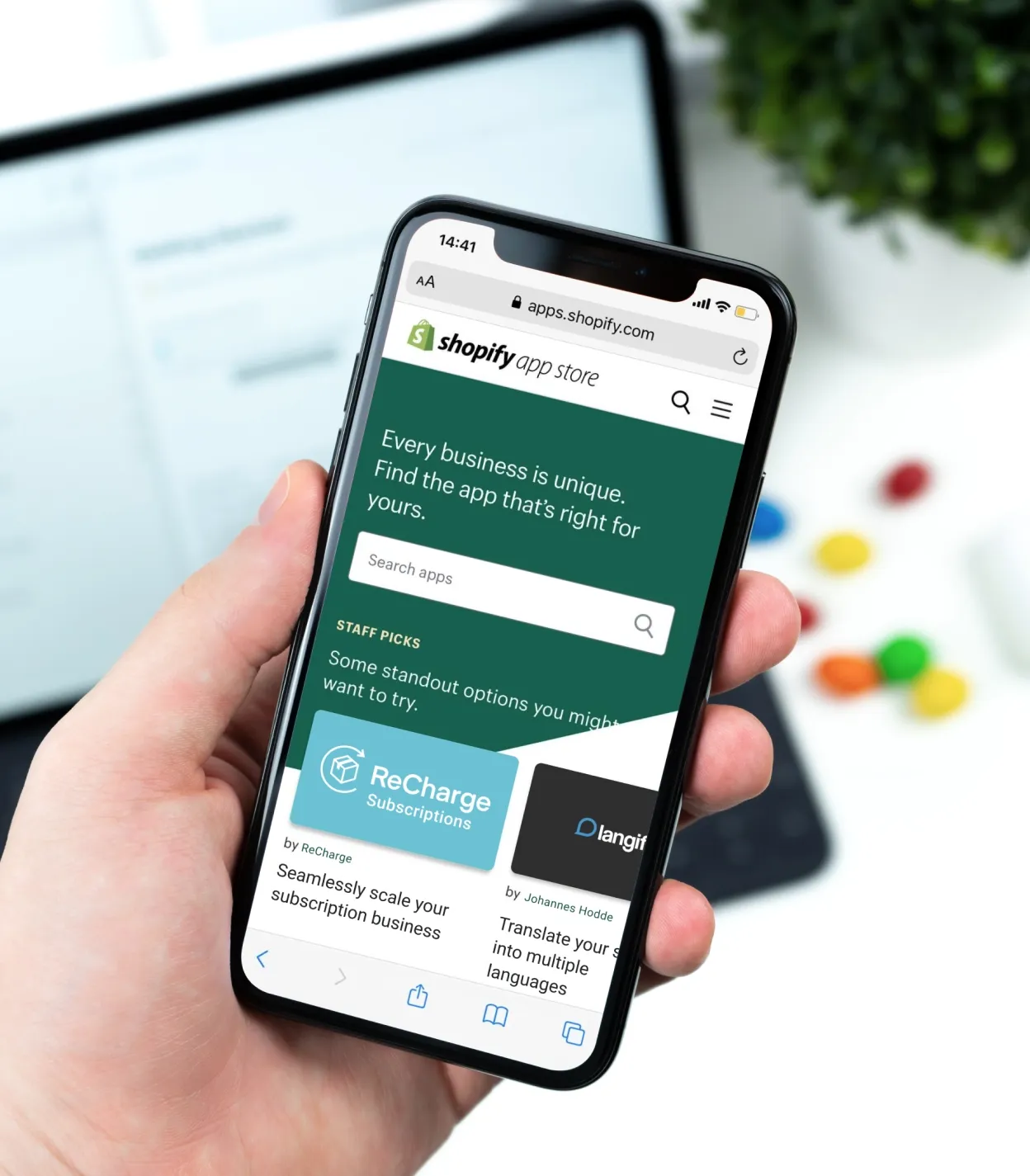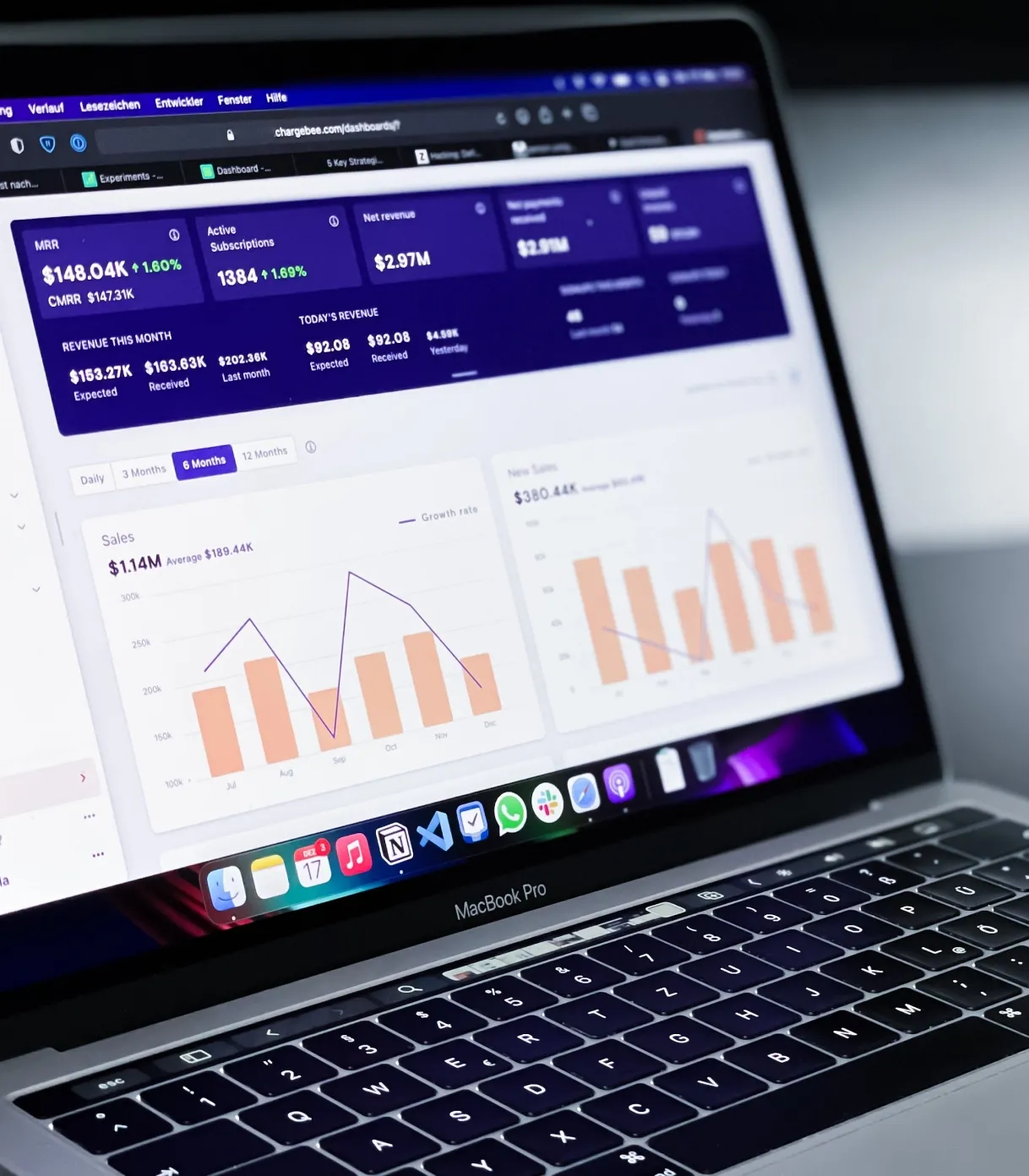
If you decide to launch an app, you cannot develop it without planning and resources. For your app’s success, you need to design, implement, and evaluate application strategies for success. And if you want these efforts to be successful, make sure the app and business strategies match. Otherwise, your app won’t work as expected.
That’s why in this article, we’ll talk about the key elements and stages of cloud-based software development. You’ll see the key elements and benefits of cloud computing, its automation and leveraging potential, and the ways to evaluate the effectiveness of your cloud-based apps strategy.
What is an application strategy and why is it important?
Apps strategy, or the proper plan behind the software implementation, plays an important role in the success of any app. It ensures you get the most out of your efforts and helps improve your business plan, marketing approach, and monetization strategy.
Application strategies are important because they break down your application process into various stages, allowing you to better manage the selected internal processes.
Suppose you need to track who has visited your website and whether they have filled out a lead form. In that case, your application strategy will include taking all that information and categorizing it in one place for this. In other words, the apps strategy will let you control the implementation and functioning of your software better.
Cloud computing
Cloud computing is the practice of keeping data, hardware, and software online, enabling access to your software with an Internet connection or offline. Robust, scalable, and flexible, cloud-based apps are widely used. Examples include social media sites (on dedicated cloud servers) and more practical everyday solutions like Dropbox or Google Drive.
When implementing this strategy application, AWS, Azure, and GCP (Google Cloud Platform) are the most popular platform solutions. They provide similar services, but each has its pros and cons depending on your specific needs. To pick the best one, pay attention to their differences in compute and storage services, along with security, automation, and pricing.
Cloud: Why is it important
Cloud computing plays a huge role in mobile app development, making complex processes easier and faster. Any type of custom software development includes a recommendation to use a cloud. Why? This practice ensures you’ll receive an app built on your initial business ideas and serves customers effectively.
In the future, more and more developers will implement a cloud computing strategy application to make it easier for customers to interact with their apps.
Cloud computing benefits
- Cost reduction: Pay-as-you-go model allows saving money on infrastructure maintenance. Since it doesn’t require buying expensive equipment and hiring a separate IT team to keep it, cloud computing is among the most cost-effective development strategies.
- Data coherence flexibility: With the cloud, users can choose between several storage and control options. Thus, you don’t need to commit your attention to keeping single storage — frequently, a third-party organization takes over IT hosting, adjusting it flexibly once needed.
- Scalability: It’s easy to scale up and down a cloud rapidly. Depending on the demand fluctuations, you can adjust your cloud capacity without changing physical infrastructure.
- Easy access: You can reach data anywhere and in real-time, including restoring and backing up it hassle-free.
- Great usability: Cloud-based apps allow quick updates and fast delivery. These high speed and quick deployment benefits make the cloud computing environment agile and easy for testing.
Cloud development approaches
The main difference between developing apps on the cloud and on-premise lies in the exact cloud development approach chosen. As on-premise software resides locally, developers deal with requirements, hosting space and maintenance, updates, and upgrades. But developing a cloud-based app removes the system maintenance hassle so that you can concentrate on the app’s functionality.
Among the concrete elements that help deliver a cloud-based app strategy, developers commonly use these elements:
- Containers are used for deploying and managing cloud-based software. They contain all the dependencies for each component and run them in an isolated system.
- Microservices, or the way to architecture cloud-based apps. The approach breaks software into small individually deployable components, making the development process iterative, flexible, and collaborative.
- Serverless architecture means the absence of a single server or a situation when a cloud provider takes over code execution management. It allows greater scalability, flexibility, and faster release.
- DevOps practice in cloud computing lets the development team remove common inefficiencies in processes and stabilize the work environment. The purpose of DevOps is to introduce several improvements to deliver software faster and maintain its quality.
By implementing these elements in coherence with your company's needs, you can get a qualitative change in terms of software delivery and app management.
Automation in all aspects of app
Complex automation is an apps strategy that reduces manual tasks, saves money, and facilitates software maintenance. Also, it’s important as it minimizes human errors, maximizes efficiency, lets you cover all the business-critical areas, and ensures continuous integration and delivery through automated deployments.
Continuous integration/continuous delivery (CI/CD) is the software development methodology that enables getting predictable results with the help of automation tools. During continuous integration, developers use a single repository to merge code, introducing a systematic approach to the app strategy. Continuous delivery supports this methodology by ensuring code changes are ready to release.
In the long run, CI/CD application strategy improves the quality of cloud development and improves the updates. It minimizes errors in code, facilitates faster delivery of features, and guarantees that changes don’t break any part of your system.
Evaluation and control
The constant evaluation also contributes to improving the quality of your app. For this, you should make sure to have well-designed tools and criteria in your apps strategy to assess its effectiveness at each developing stage. Also, regularly measured progress will help bring weaknesses and strengths out into the open to be addressed promptly. Otherwise, it’s hard to detect success and learn from weaknesses.
Leverage an efficient application strategy
App development is a complex and time-consuming process that requires professional help, especially when it comes to building sophisticated and efficient solutions. Considering the great number of app strategies, approaches, and nuances, developing them on your own is very hard.
We at DigitalSuits are ready to help you design and implement your strategy application. Our software product development capabilities include investigating and meeting your business needs, creating a detailed app strategy plan, and using relevant technologies to make it work.
Do you need a digital solution that suits your business size and ambitions? Then drop us a line!













Was this helpful?
0
No comments yet